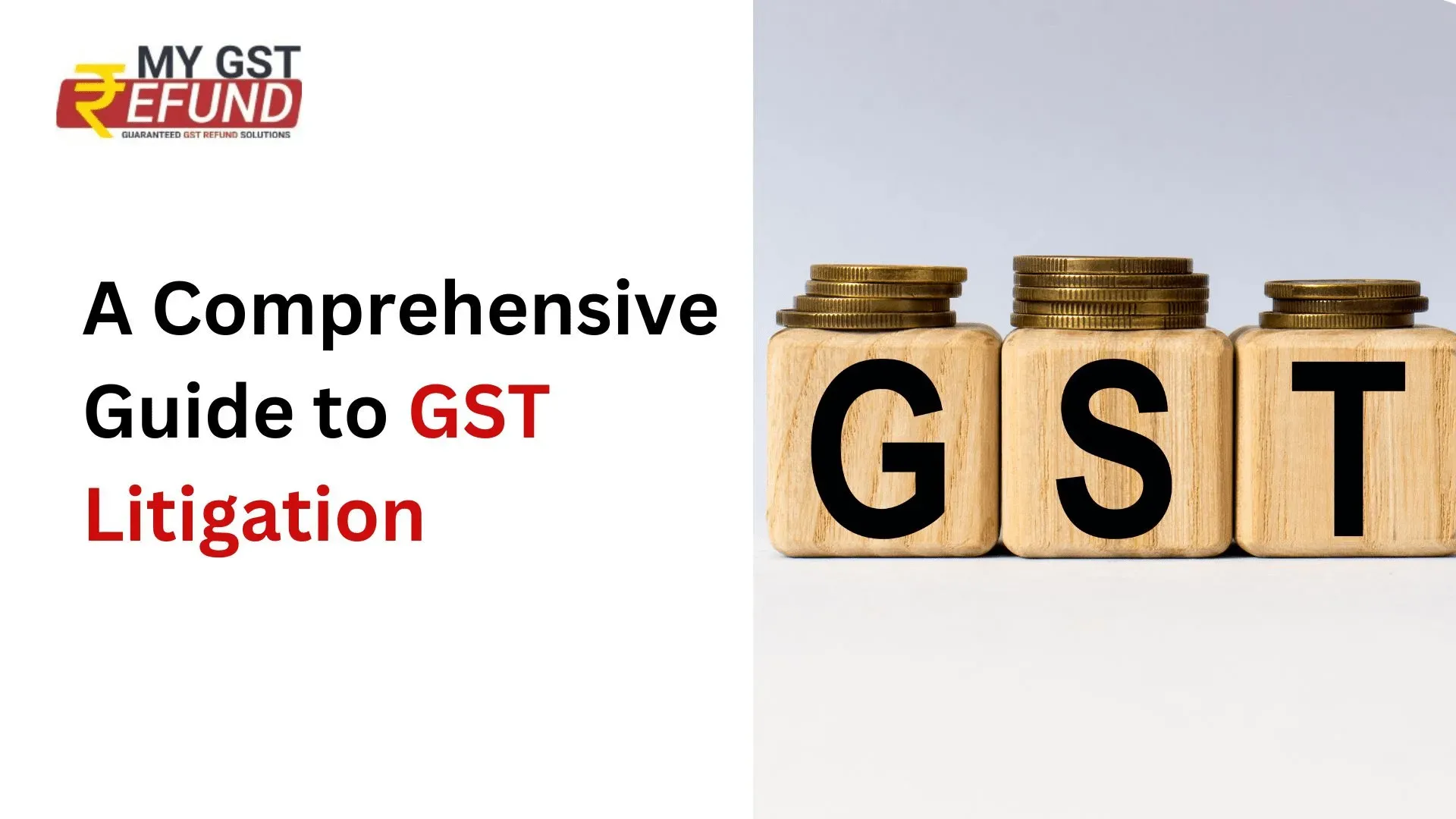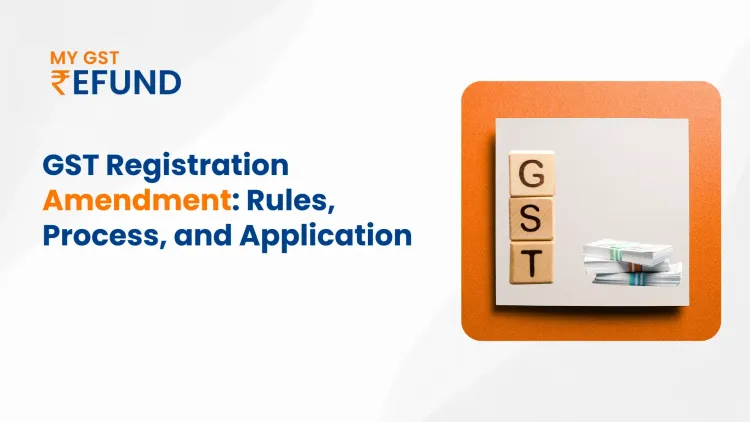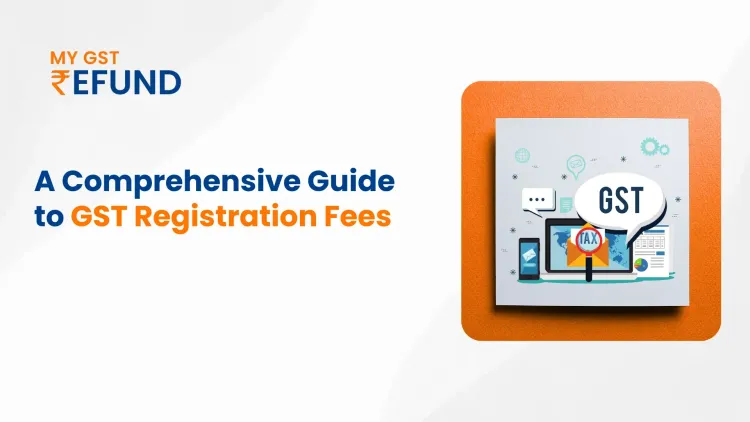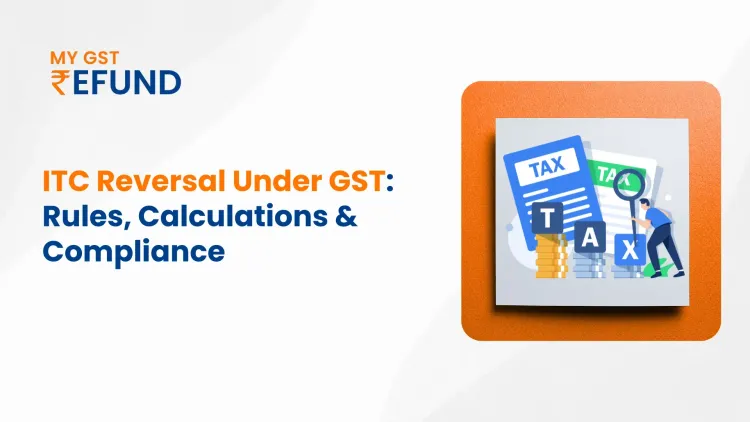A Comprehensive Guide to GST Litigation
Published on: Wed Feb 14 2024
Bio (Reveal/Hide)

Understanding GST Law and Regulations
The GST framework consists of the Central GST Act, State GST Act, and Integrated GST Act along with GST Rules and notifications issued by the government. A thorough understanding of the GST Act, 2017, and its intricate regulations is crucial for comprehending the legal framework governing taxation. Key aspects include:
Supply of Goods and Services: Identifying taxable supplies, exemptions, and zero-rated transactions.
Input Tax Credit (ITC) Mechanism: Understanding eligibility, claim conditions, and reversal rules.
Registration and Returns: Complying with registration requirements and timely filing accurate returns.
Assessment and Audit: Knowing the procedures followed by authorities and potential discrepancies.
GST Litigation Process
The GST litigation process in India involves multiple stages, each with specific actions and timelines. Here's a breakdown of the key steps:
Stage 1: Assessment and Scrutiny
Tax authorities assess your GST returns and records.
Discrepancies might be identified, and you may receive:
Intimation for correction of minor errors.
Draft assessment order for potential tax demands.
Stage 2: Show Cause Notice (SCN)
If significant discrepancies are found, you receive an SCN outlining:
Alleged violations of GST provisions.
Proposed tax demands, interest, and penalties.
The time limit for responding (usually 30 days).
Stage 3: Reply to SCN
Submit a detailed reply with supporting documents and legal arguments:
Addressing each point in the SCN.
Highlighting relevant exemptions, case laws, and precedents.
Seeking clarifications or requesting reduction in demands.
Stage 4: Appeals and Advance Rulings
If dissatisfied with the response outcome, you can appeal through various channels:
Appellate Authority for Advance Rulings (AAAR): For advance rulings on classification, valuation, and place of supply.
Appellate Authority (AA): For reassessment of tax demands and penalties.
Tribunal: For a further appeal against AA orders.
Stage 5: Judicial Forums
If unsatisfied with the Tribunal's verdict, you can approach:
High Court: Through writ petitions and appeals.
Supreme Court: As the final recourse for GST disputes.
Common Issues in GST Litigation
Several recurring issues trigger litigation, including:
Classification of Goods and Services: Disputes arise regarding appropriate tax rates based on product/service categorization.
ITC Eligibility and Reversal: Disagreements on claim validity and conditions for reversal in specific scenarios.
Valuation and Place of Supply: Determining taxable value and jurisdiction for levy creates complexities.
Interest and Penalties: Disputes relating to calculation and imposition of interest and penalties.
Exemptions and Concessional Rates: Misinterpretations regarding the applicability of exemptions and concessional rates lead to litigation.
Strategies for Effective GST Litigation
To effectively navigate disputes, taxpayers should:
Maintain Comprehensive Records: Meticulously document transactions, invoices, and supporting evidence.
Seek Professional Guidance: Consult qualified tax professionals with expertise in GST litigation.
Respond Promptly and Diligently: Adhere to timelines and submit well-drafted replies to notices.
Utilize Alternative Dispute Resolution (ADR): Explore mediation or conciliation for faster resolution.
Stay Updated: Remain informed about evolving case laws, amendments, and judicial pronouncements.
Case Laws
M/s. Dharampal Satyapal Limited vs. Union of India (2023): Clarified the scope of "supply" under GST for bundled services.
Union of India vs. ITC Limited (2022): Established principles for determining the "place of supply" for online sales.
M/s. Rajasthan State Road Transport Corporation vs. Union of India (2021): Highlighted the distinction between "exemption" and "zero-rating" under GST.
Commissioner of Central Tax (Appeals) vs. Triveni Turbine Pvt. Ltd. (2020): Provided guidelines for interpreting and applying exemptions under GST.
Commissioner of Central Goods and Service Tax vs. M/s. Ultratech Cements Ltd. (2019): Defined the meaning of "input tax credit" and its eligibility conditions
Recent Developments and Updates in GST Litigation
Here are some of the recent developments and updates in GST litigation in India:
GST Tribunal Benches Expansion: To fast-track dispute resolution, the government has expanded the tribunal benches to 20. This will help clear the huge backlog of appeals pending.
Clarifications on E-Way Bill Provisions: There have been several amendments and notifications recently to clarify E-way bill rules and plug loopholes regarding its issuance, cancellation, and extension. This was a major area of taxpayer hassles.
Rulings on Tax Treatment of Promotional Schemes: Multiple advance rulings have confirmed that GST has to be paid under RCM by recipients on the value of promotional or incentive schemes offered by suppliers such as additional free quantity of goods.
SC Decision on Limitation Period for GST Refund: The Supreme Court recently upheld the 2-year limitation period for filing refund claims under GST. It observed that an extension beyond 2 years would compromise tax administration.
GST Council's Recommendation on TDS/TCS Provisions: To reduce the compliance burden, the GST Council has recommended several changes in provisions related to Tax deduction at source (TDS) and Tax collection at source.
Clarification on Taxability of Reimbursements: CBIC has clarified that reimbursements made by distinct persons specifically towards input services shall be treated as supply and are therefore taxable. This will impact many industries.
While systemic improvements in law and procedures can help, developing tax expertise, maintaining compliance discipline, and monitoring case laws are key for businesses to navigate GST litigation in India effectively. Adopting collaborative compliance models by working closely between industry and policymakers can also pave the way for minimizing future disputes.
Related Posts






